
Transportation Protests: 1841 to 1992
Reading by Julian Hipkins III and David Busch
The struggle for the desegregation of transportation has a long history in the United States. This timeline outlines some key individuals and organizations who took a stand against segregated transit.
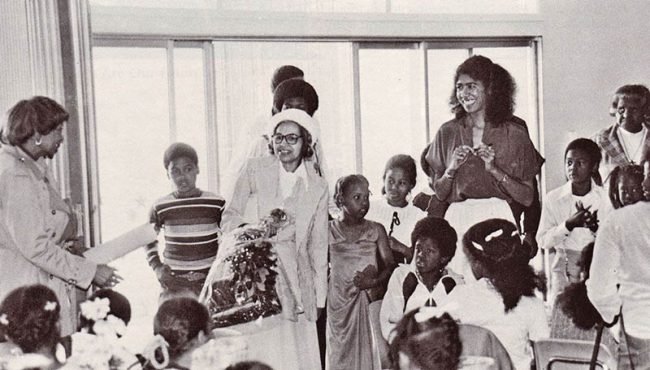
The Rebellious Lives of Mrs. Rosa Parks
Lesson by Bill Bigelow
In this mixer lesson, students learn about Rosa Parks' many decades of activism by taking on roles from various times in her life. In this way, students learn about her radicalism before, during, and long after the Montgomery Bus Boycott.
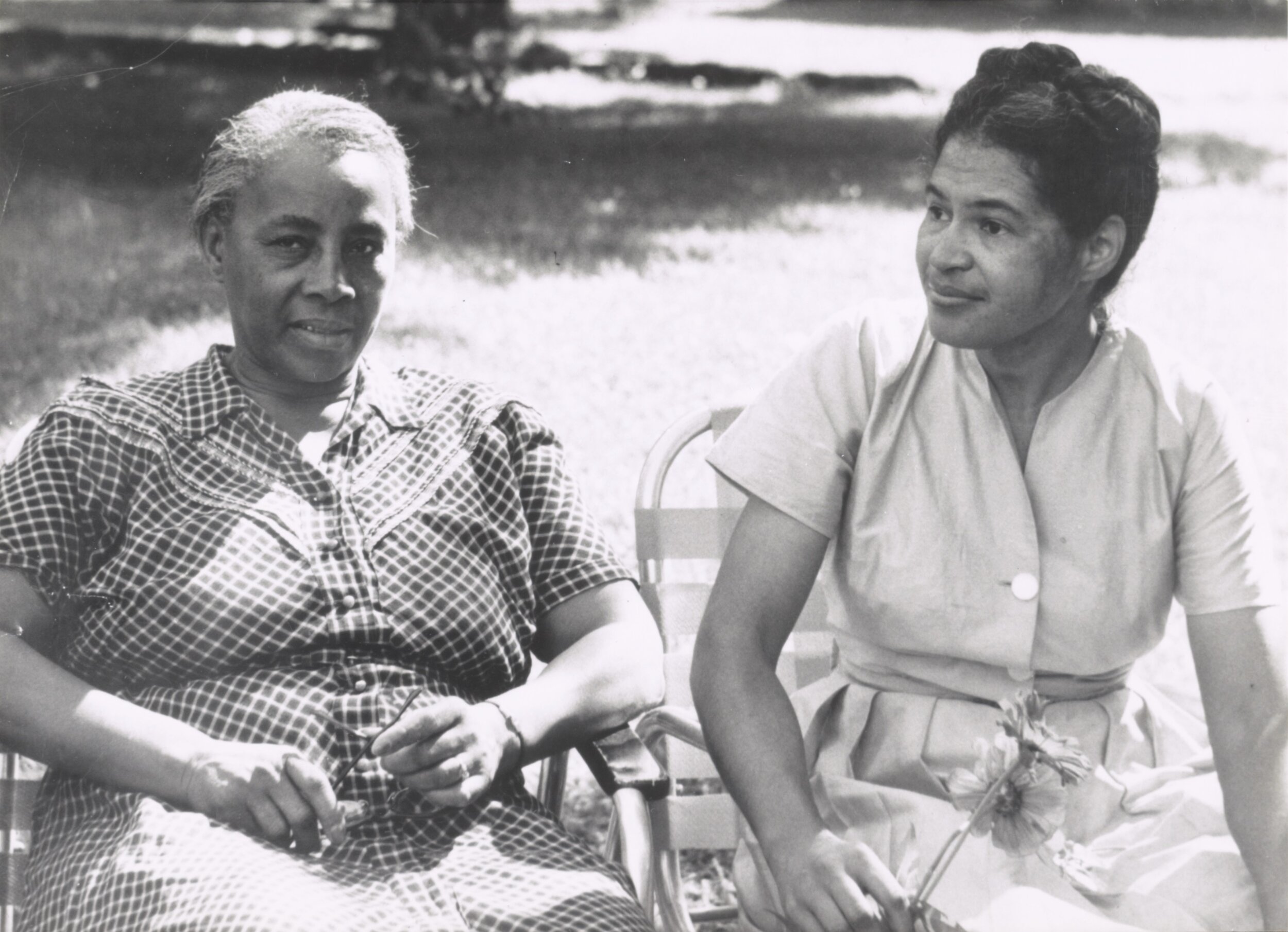
The Politics of Children’s Literature: What’s Wrong with the Rosa Parks Myth
Reading by Herbert Kohl
A critical analysis that challenges the myths in children’s books about Rosa Parks and the Montgomery Bus Boycott.
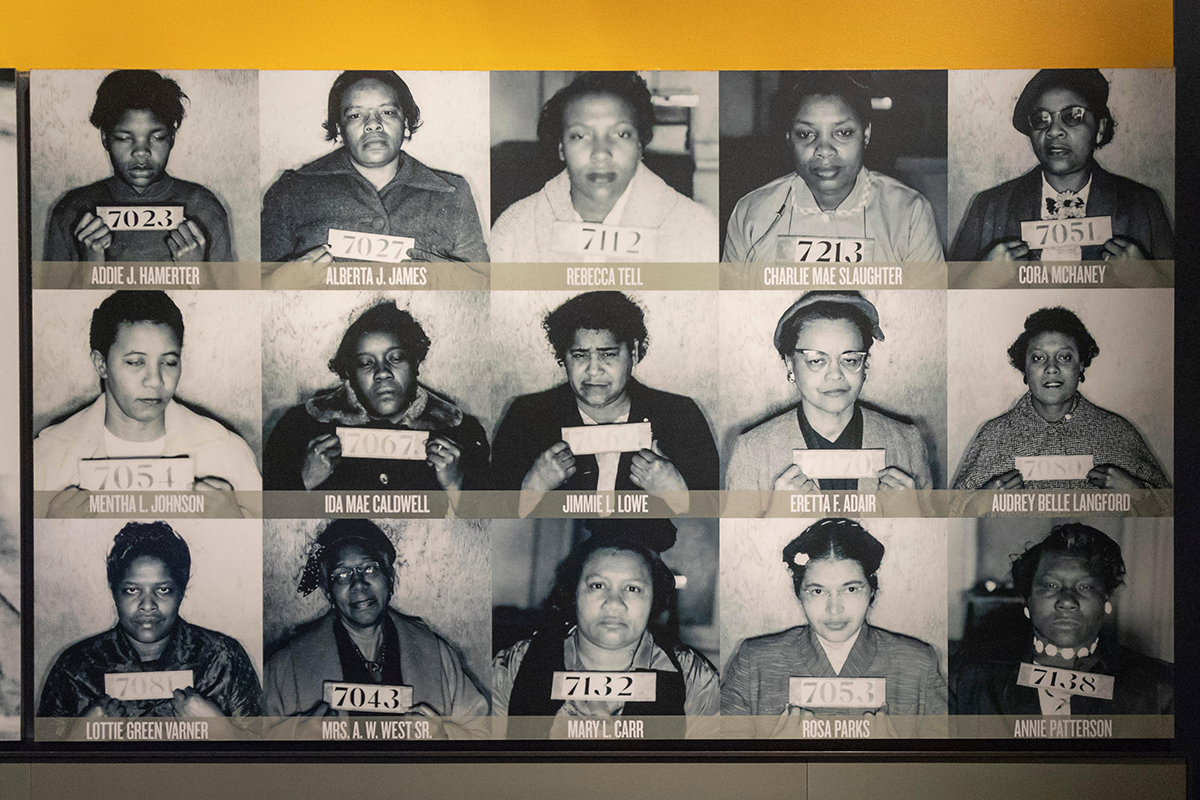
Montgomery Bus Boycott: Organizing Strategies and Challenges
Teaching Activity by Alana D. Murray
In this activity for middle and high school, students act as organizers and learn about many of the challenges faced by the group who sustained the Montgomery Bus Boycott for 381 days.

What Julian Bond Taught Me
Reading by Jeanne Theoharis
Freedom movements don’t just happen, they are made—and not by charismatic leaders, but by everyday people possessing great courage. Reflections on what Julian Bond taught us about how social movements are built and sustained.
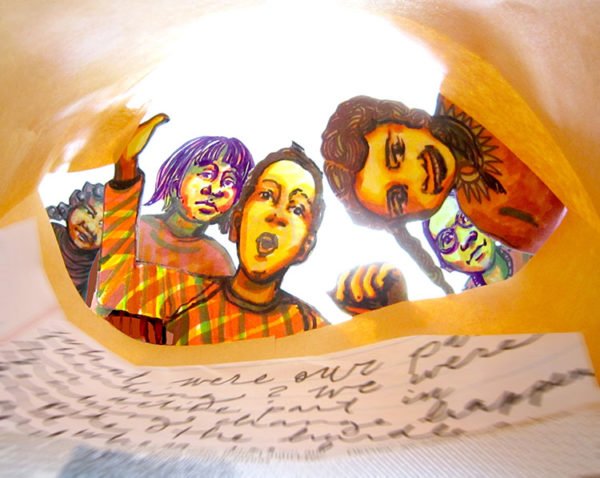
Our Grandparents’ Civil Rights Era
Teaching Idea by Willow McCormick
Students write letters to grandparents and family friends to ask about their experiences during the Civil Rights Movement.
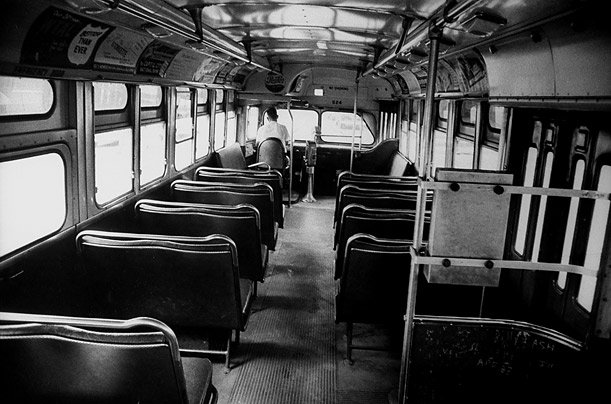
Teaching the Montgomery Bus Boycott
Reading by Teaching for Change
Students learn that Rosa Parks refused to give up her seat in Montgomery, the buses were desegregated, and the Civil Rights Movement was launched. The disconnect between Parks’ arrest and the 381-day boycott creates the illusion that it was a spontaneous response to her civil disobedience. This, however, discounts the strategic brilliance and courage of the African American community in Montgomery.

“Intolerable Conditions”: Teaching About Northern Racism Through Rosa Parks’s Detroit
Lesson by Say Burgin, Jeanne Theoharis, and Ursula Wolfe-Rocca
Students learn to “talk back” to official accounts of the Detroit Uprising of 1967 by focusing on its root causes. They also get a fuller sense of Rosa Parks’s life and politics, and the Black freedom struggle outside of the South.

Rosa Parks: Countering the Master Narrative
Lesson by Jesse Hagopian
With a short video and readings with competing viewpoints, students will learn about master narratives and counter-narratives and how they apply to Rosa Parks’ life. This activity can be introduced before watching the film or reading the book, The Rebellious Life of Mrs. Rosa Parks.

How Should Rosa Parks’s Legacy Be Memorialized?
Lesson by Cierra Kaler-Jones
This lesson invites students to consider how Rosa Parks’ legacy is memorialized by critically examining her statue at the U.S. Capitol. Students learn the fuller story of Rosa Parks’ life and use that information to determine how they would memorialize her legacy.
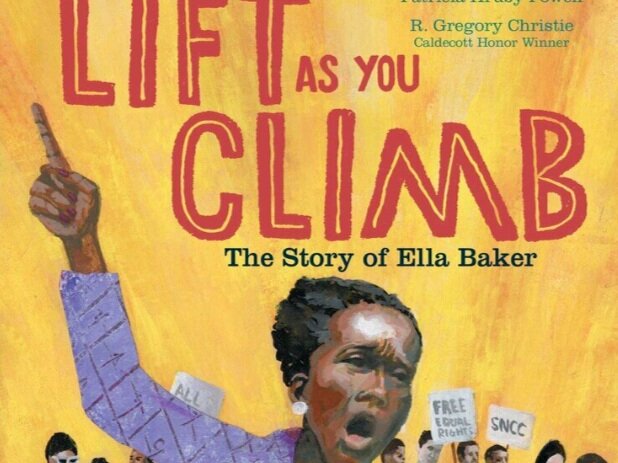
Children’s Book on Ella Baker: A SNCC Veteran’s Review
Reading by Judy Richardson
A critical review of the picture book, Lift as You Climb: The Story of Ella Baker.
